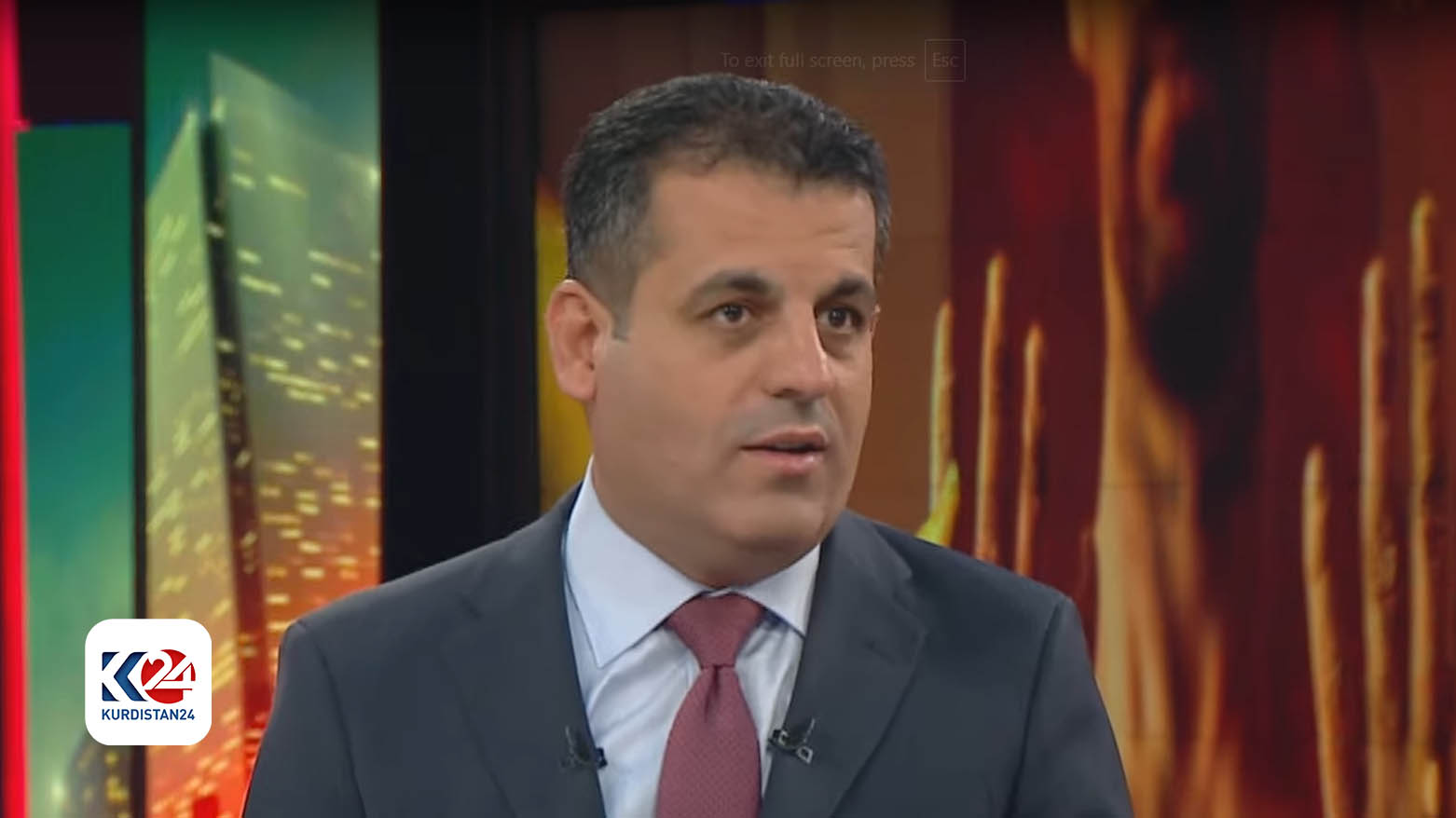KRG Health Minister discusses global monkeypox outbreak with Kurdistan24
He emphasized that the KRG has been preparing for any unforeseen developments for the past week and stressed the importance of prevention and public awareness.

ERBIL (Kurdistan24) – Monkeypox has emerged as a new global health concern, with the virus spreading rapidly due to international travel. In a recent interview on Kurdistan24, Saman Barzanji, the Minister of Health for the Kurdistan Regional Government (KRG), provided insights into the situation and the measures being taken to prevent its spread.
During the discussion, Barzanji highlighted the efforts of the World Health Organization (WHO) in curbing the spread of monkeypox beyond its origins in Africa. While the virus has raised global alarms, Barzanji noted that it is less of a threat in terms of rapid transmission compared to the Coronavirus.
“Monkeypox is a viral disease with an incubation period ranging from 5 to 21 days,” Barzanji explained. “It primarily spreads through direct contact, such as with wounds, bodily fluids, or contaminated utensils.”
The mortality rate of monkeypox ranges between 3% and 6%, with some African countries experiencing rates as high as 10%. However, Barzanji reassured the public, emphasizing that the recovery rate is significantly higher than that of the Coronavirus.
Barzanji also addressed the current status in the region, stating that no cases have been reported in neighboring countries like Iran or Afghanistan. He emphasized that the KRG has been preparing for any unforeseen developments for the past week and stressed the importance of prevention and public awareness.
“Rather than closing airports or restricting flights, the focus should be on individual responsibility and awareness to prevent the disease,” Barzanji said.
On Monday, Barzanji issued a letter to the General Directorates of Health in several cities, outlining guidelines for preventing the outbreak and spread of monkeypox. The guidelines include comprehensive information on the disease, its transmission, diagnosis, and monitoring of patients and health workers.
The Ministry of Health is committed to protecting the public from monkeypox, a disease that affects both humans and animals, through vigilant monitoring and preventative measures.
